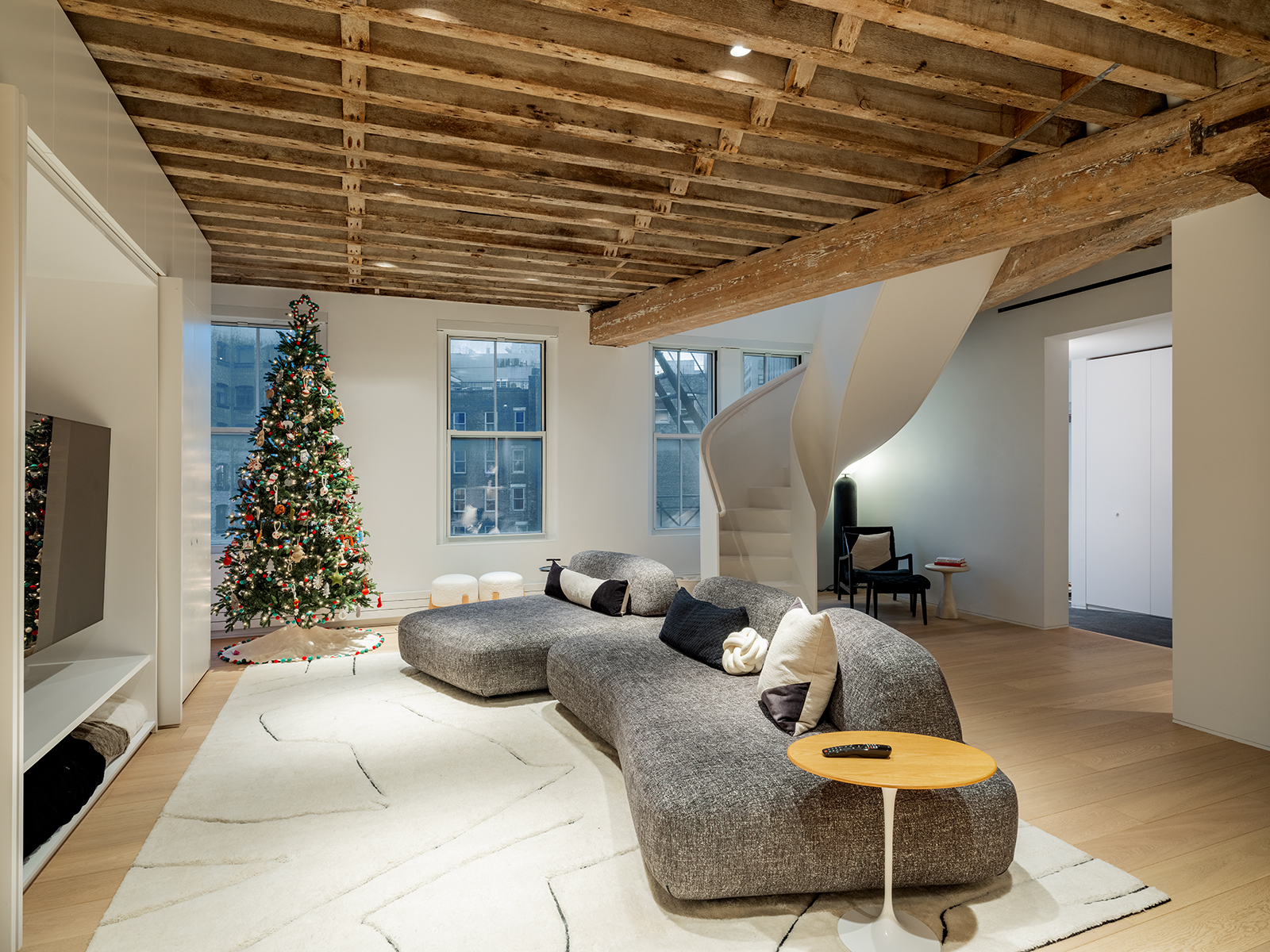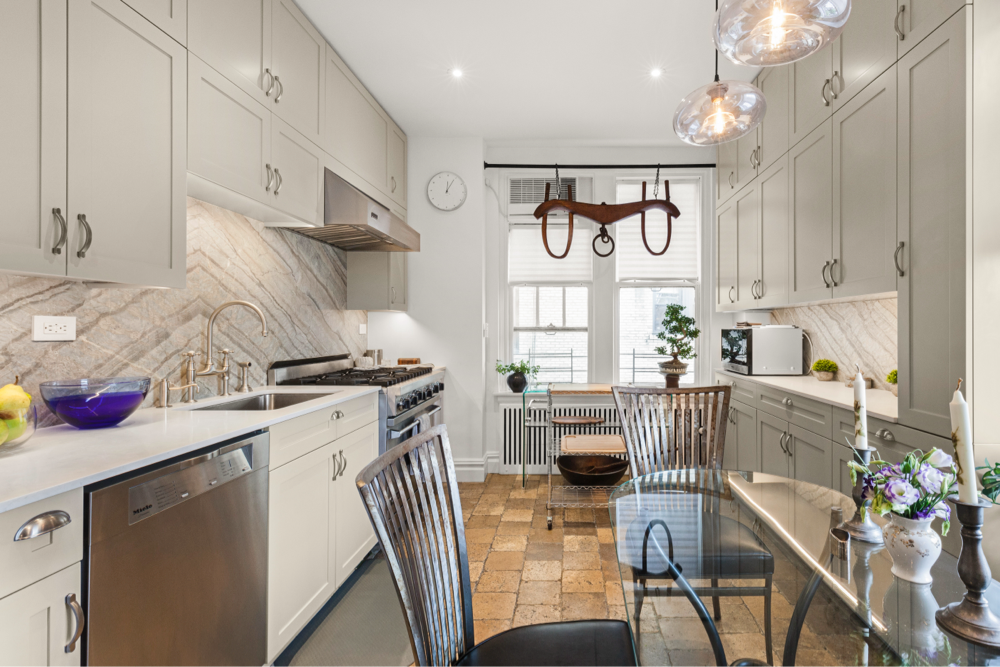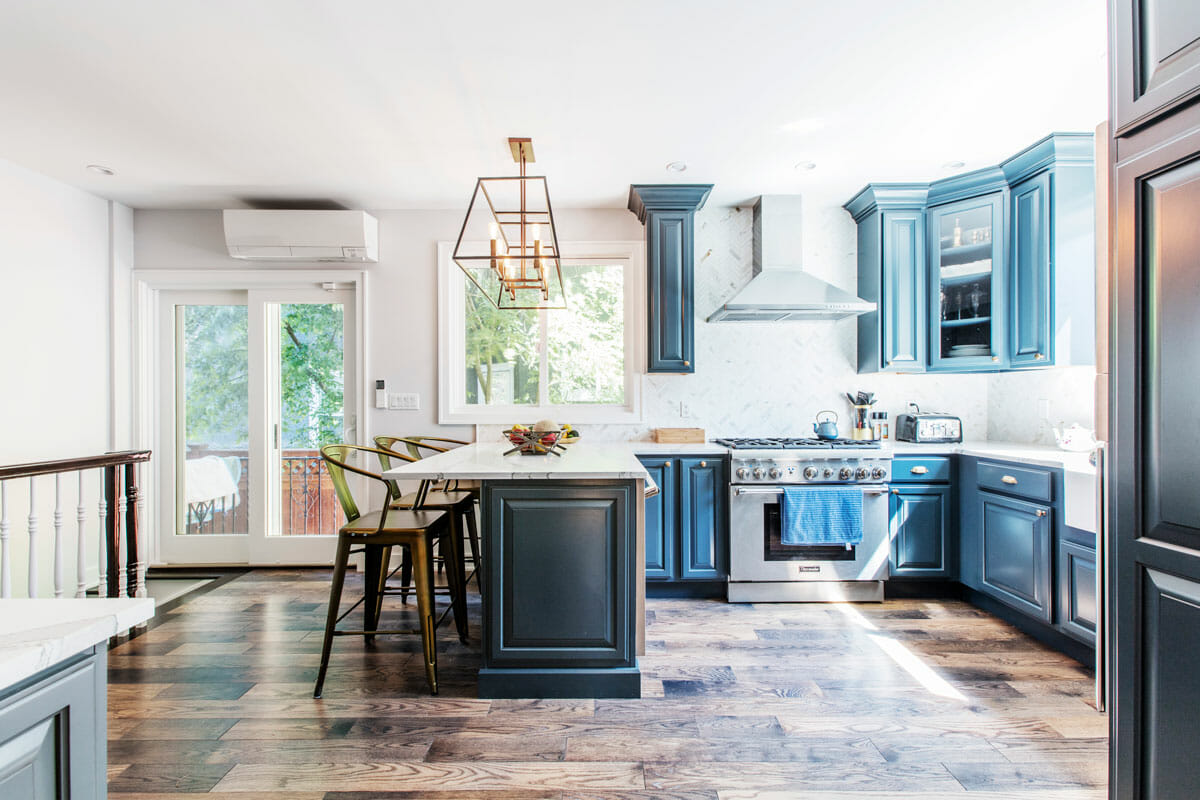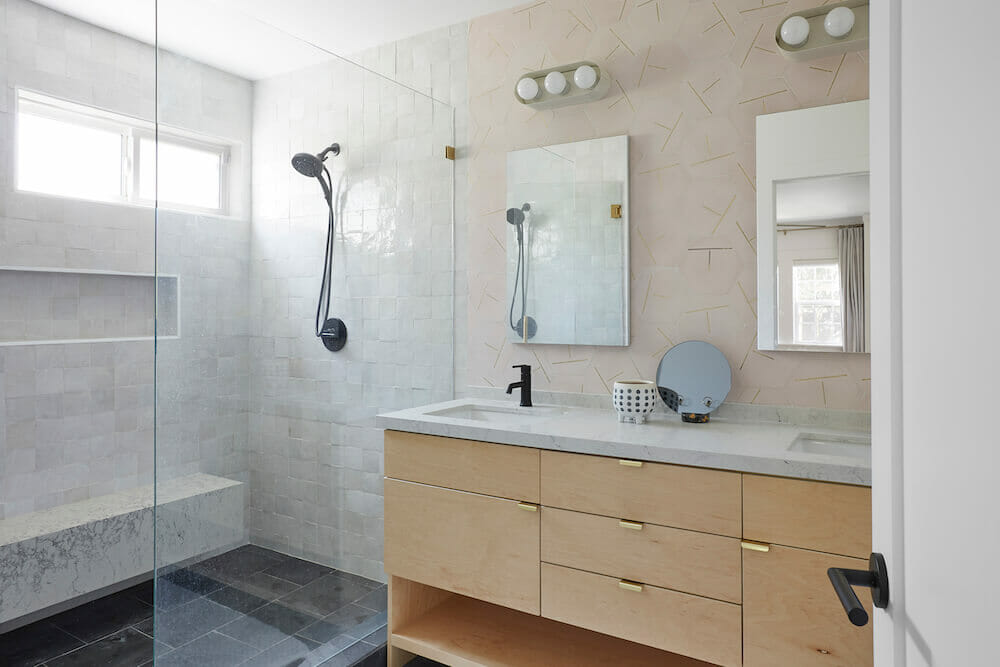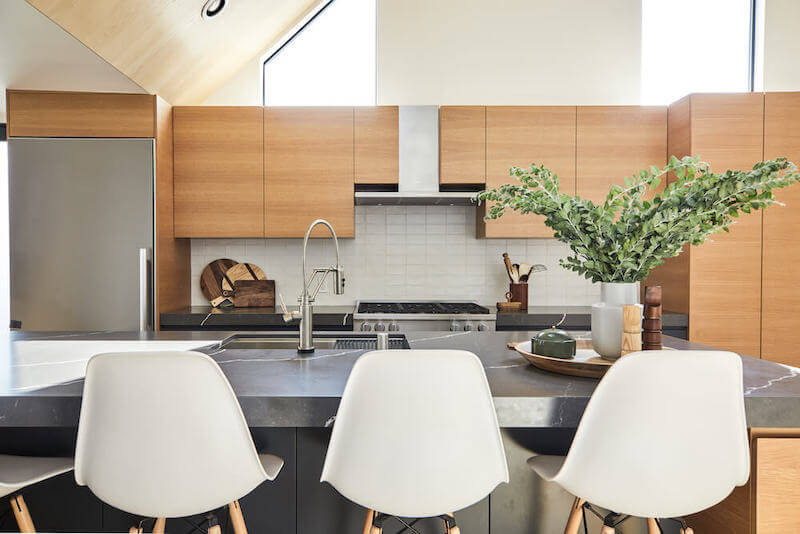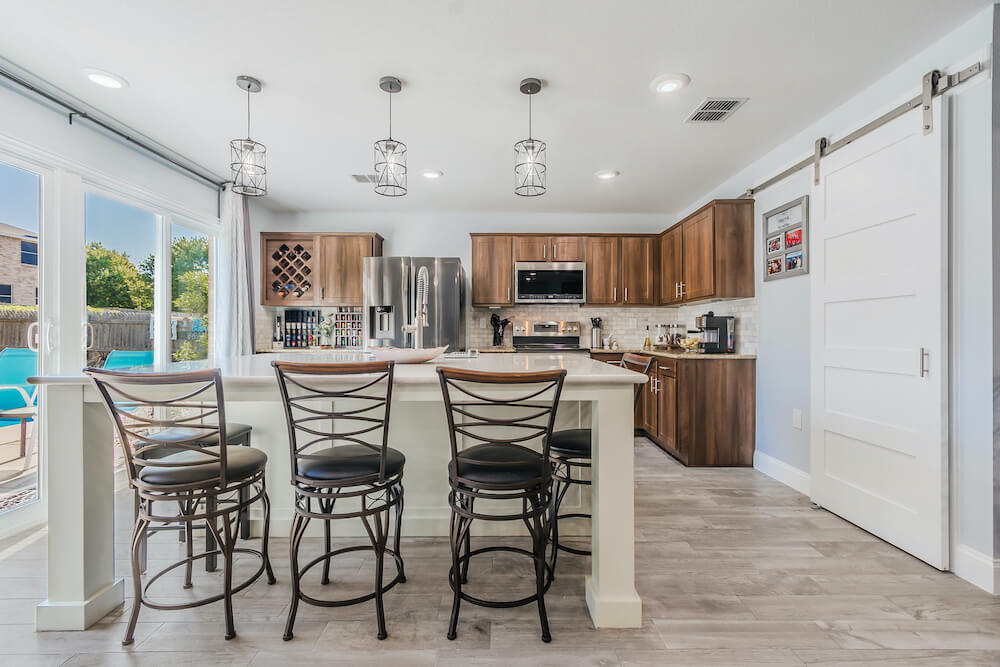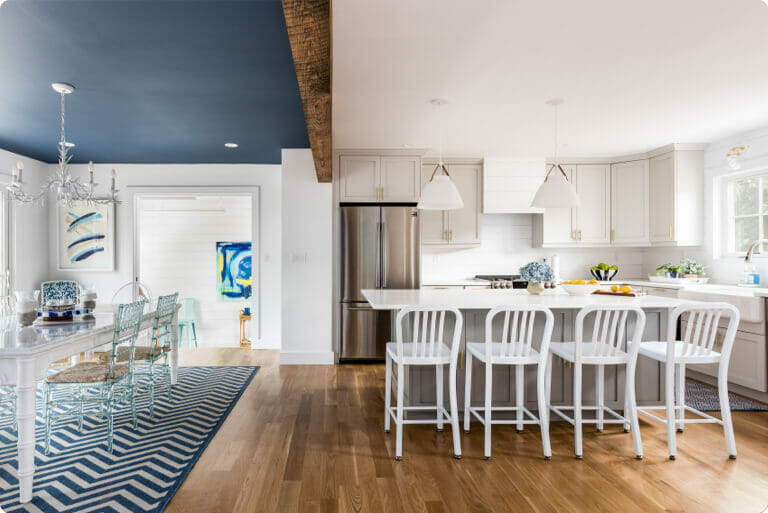Understanding Home Renovation & Appraisal Value in NYC
Ever wondered how much that dream renovation could add to your home’s value? In New York City, where space is a premium and competition is fierce, understanding how renovations impact appraisal value is crucial. This article dives deep into the factors appraisers consider when determining a home’s worth and explores which renovations can deliver the most significant return on investment. From kitchens and bathrooms to strategic space optimization, we’ll equip you with the knowledge to make informed decisions that enhance your home’s value and functionality.
How the market affects the value of your home
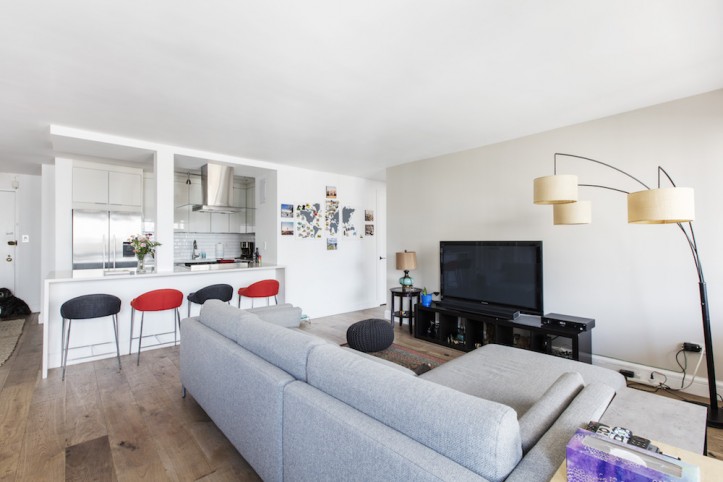
This week, we chatted with Michael Vargas, President and CEO of Vanderbilt Appraisal Company, a Manhattan-based appraisal firm. Michael has 20 years of valuation experience and his company has completed over 50,000 valuations in the tri-state area. Michael helped us shed some light on one of the most fraught aspects of any home purchase or sale: the appraisal. While the appraisal itself generally occurs as an owner is preparing to sell or refinance a home, most homeowners in the Sweeten community have an eye on future appraisals as they are designing renovations, even when they plan to enjoy their project for years.
At Sweeten, we’re experts at all things general contractors — we pre-screen them for our network, carefully select the best ones for your remodeling project, and work closely with hundreds of general contractors every day. So, we’ve tapped our internal expertise to bring you this guide.
What are the elements that you assess when calculating the value of a home?
Michael: The most important factors in the New York City market are location, size, architectural style, number of bedrooms, and overall condition of the home. We also consider kitchen and bath renovations, amenities, view, and natural light.
What do homeowners get wrong when thinking about the value of their own homes?
Owners tend to think about their homes in an emotional sense: there are often elements of a home that an owner treasures that may not necessarily translate to the value that the owner has assigned. For example, extras like a fireplace, balcony, storage, or custom-designed walk-in closet may indeed enhance value, but the gain may not correlate directly to the original cost of the work or to the owner’s sense of emotional worth. An individual owner may have been willing to spend a significant premium for a special amenity but the general market of buyers may pay far less of a premium upon resale.
That makes sense. The New York Times recently published an article about how very personal renovations can be hard to sell. What can you tell us about appraising those kinds of properties?
Anything a seller does to limit the pool of potential buyers can lead to a discounted sale price. When a homeowner creates a highly personalized style, buyers tend to treat the property in the same way that they would an un-renovated property; they seek to extract the cost to re-do the renovation so that they are not over-paying for a property that will ultimately require significant work.
Sweeten brings homeowners an exceptional renovation experience by personally matching trusted general contractors to your project, while offering expert guidance and support—at no cost to you. Renovate expertly with Sweeten

Tell us more about how you would factor a more typical, straight-forward renovation into the value of a home.
The level and condition of a renovation is one of the most vital components in determining the value of the home. We look at the cost of the renovation, consider typical costs for a similar renovation, and assess the time frame since the renovation was completed.
A newly-renovated property can carry 100% of the cost of the renovation to the overall value of the home. As time progresses, the value of the renovation tends to diminish on the scale of approximately 20% every three to five years. After you pass the ten-year mark, the value of the renovation tends to drop dramatically.
What can homeowners do to increase the value of their homes?
The most value-enhancing renovation projects are kitchens and baths. A newly-renovated kitchen and bath can increase the value of a home by as much as 100% of the cost of the renovation.
So, if I renovate my kitchen for $30,000 and my apartment was last priced at $330,000, can I assume that the new value of my home is $360,000?
Yes, you can make that assumption.
Homeowners renovating with Sweeten want to gain and maintain that value in their home after a renovation. Do you have any tips on how to do this?
Most owners will see an immediate increase in value upon completion of a renovation project. During an appraisal, the owner should clearly
The market in New York City is at historically low inventory levels. This situation tends to lead to rising prices
What determines the value of a home in Manhattan versus Brooklyn? Is there a difference that you can attribute to neighborhood?
The value of any home
However, what transpires in the Manhattan market can impact the Brooklyn market. When market prices rise significantly in Manhattan, prime areas in Brooklyn also tend to rise. Although there has been recent convergence of value,
So, is now a good time to renovate or sell?
Given the low inventory, market prices are likely to continue rising. This is a great time to renovate with an eye toward a future sale because the net gain in value will be higher than the renovation cost.
We can help plan your renovation
Find endless home renovation inspiration, detailed guides, and practical cost breakdowns from our blogs. You can also post your project on Sweeten today and get matched with our vetted general contractors and get estimates for free!

